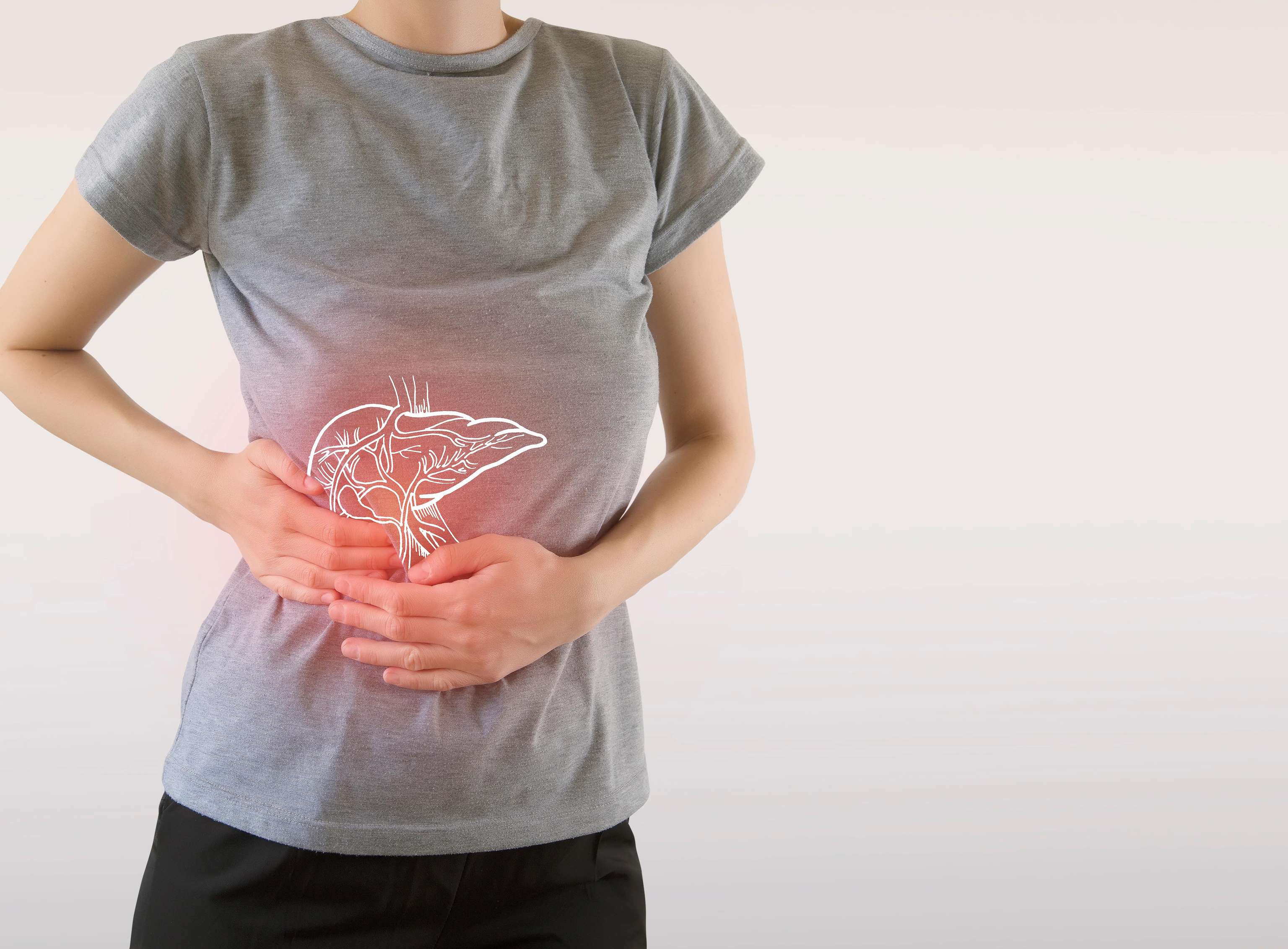Does coffee consumption help against liver cancer?

Coffee for health?
There are now many studies that provide evidence that consumption of the stimulant coffee could reduce the risk of hepatocellular carcinoma of the liver, or HCC for short. A so-called HCC is a malignant tumor that originates from the hepatocytes, the functional tissue of the liver, and is promoted by diseases such as liver cirrhosis or hepatitis B and C.
At the same time, other studies report an inverse association with coffee consumption while other studies also suggest that several cups of coffee per day or more than 2 a day reduces HCC risk. The number of coffee doses is also controversial. Coffee contains over a thousand substances, and several of these substances have been studied for protective effects. The chemical compounds cafestol and kahweol contained in coffee are thought to possibly have antioxidant effects, and the well-known caffeine is thought to counteract liver fibrosis in vitro through the TGF-beta pathway.
The AWMF (i.e. Arbeitsgemeinschaft der Wissenschaftlichen Medizinischen Fachgesellschaften e. V.) guideline program on oncology on hepatocellular carcinoma and biliary carcinoma of June 2021 also recommends patients with chronic liver disease to consume coffee. To systematically review these multiple data, in 2013 and 2020 researchers published meta-analyses of all studies conducted in association with coffee consumption and risk of HCC and liver carcinoma, respectively. They evaluated the association between coffee and HCC expression and the dose of coffee needed to reduce such liver cancer risks.
Meta-analyses examine the potential effect
The study analysis, published in 2013 in the American Gastroenterological Association (aga for short), examined all relevant English-language studies between 1966 and 2012 that were associated with coffee consumption and HCC. The relative risk for any, low, and high coffee consumption was compared with no coffee consumption. The tolerance level was set at a maximum of 3 daily cups in 9 studies and one cup a day in 5 studies.
The meta-analysis published in the Journal of gastrointestinal and liver diseases in 2020 also examined control, cohort, and prospective studies in English between 1996 and 2019, exploring a correlation between coffee consumption and liver cancer and HCC, respectively, and calculating the relative risk of both diseases (random-effects model according to: DerSimonian and Laird with inverse variance weighting). A total of 20 studies were examined and relativized to one coffee cup per day.
Results
The relative risk for any coffee consumption compared with no consumption was 0.60 (with a 95 % confidence interval of 0.50 - 0.71), irrespective of gender, alcohol consumption and history of hepatitis or liver disease. This means that the calculated risk of suffering from HCC is 40% lower in any coffee drinkers than in those who do not drink coffee at all. Comparing the group with no coffee consumption to the rest of the groups, the RR values were as follows: 0.72 for low coffee consumption, 0.44 for high consumption. In summary, the RR value was 0.80 for a daily cup of coffee (i.e. 20% lower risk).
The 2020 study showed an overall relative risk value of 0.69, but researchers say significant differences were noted across the studies. Subsequently, a subgroup analysis was conducted with the gradation of one coffee cup as the amount. In doing so, the meta-analysis showed that higher amounts of coffee could be correlated with a significant reduction in the risk of HCC or liver cancer.
Conclusion
According to meta-analysis from 2013, HCC risk showed a 40% reduction with any coffee consumption compared to no coffee consumption. The researchers also pointed out a possible opposite correlation, as patients with liver or digestive disease may have also reduced their coffee consumption. However, the meta-analysis also noted that other studies show that coffee may influence liver enzymes and cirrhosis development, and therefore may also be protective against liver cancer development. However, the additionally determined dose dependence per cup of coffee per day provides evidence for a causal effect for risk reduction by 20% (i.e. RR value of 0.80).
Auch die systematische Meta-Analyse des Fachjournals gastrointestinal and liver diseases legt eine Risikoreduktion für die Leberkarzinome und HCC nahe. Dabei haben auch größere Mengen an Kaffee einen größeren Nutzfaktor in Bezug auf die Reduktion.
However, in order to determine or understand the exact effect of coffee consumption, further biological and epidemiological studies are needed that also analyze specific subgroups (e.g.: HCC in association with hepatitis C).
Sources
- Francesca Bravi, Cristina Bosetti, Alessandra Tavani, Silvano Gallus, Carlo La Vecchia. Coffee Reduces Risk for Hepatocellular Carcinoma: An Updated Meta-analysis. Clinical Gastroenterology and Hepatology. May 08, 2013.
- Bhurwal, Abhishek, Puru Ratta, Sho Yoshitake, Lauren Pioppo, Debashis Reja, Peter Dellatore and Vinod K. Rustgi. Inverse Association of Coffee with Liver Cancer Development: An Updated Systematic Review and Meta-analysis. Journal of gastrointestinal and liver diseases. 2020. n. pag.
- Thimme, R., Blum, H. Kaffee: ein neu entdecktes Hepatoprotektivum?. Gastroenterologe 3, 53–54 (2008).
- Hepatozelluläres Karzinom
- Kaffeekonsum Europa Statistik (Statista)
- S3-Leitlinie Diagnostik und Therapie des Hepatozellulären Karzinoms und biliärer Karzinome

Danilo Glisic
Last updated on 08.11.2021
Your personal medication assistant
Browse our extensive database of medications from A-Z, including effects, side effects, and dosage.
All active ingredients with their effects, applications, and side effects, as well as the medications they are contained in.
Symptoms, causes, and treatments for common diseases and injuries.
The presented content does not replace the original package insert of the medication, especially regarding the dosage and effects of individual products. We cannot assume liability for the accuracy of the data, as the data has been partially converted automatically. Always consult a doctor for diagnoses and other health-related questions.
© medikamio